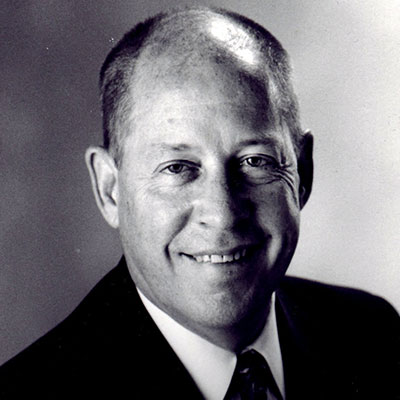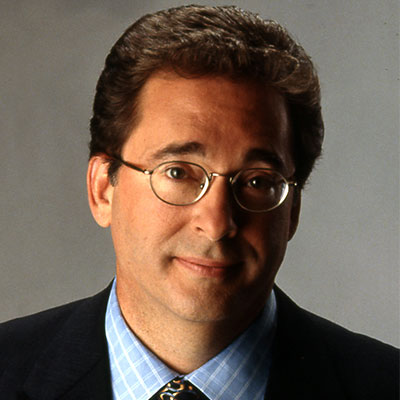If It's Broke, They Fix It
So you get word that your company's widgets are exploding and lawsuits are headed your way. You've got two choices: settle, or blow the class-action sharks out of the water. If it's the latter you choose, Kirkland & Ellis wants to be your first call. The Chicago-based, 850-lawyer firm exults in its role as the most combative litigation shop in the country, and it specializes in faulty-product cases. "Other firms have great trial lawyers, but not as many," partner Thomas Yannucci recently bragged to The American Lawyer . "We love to try cases. The internal culture is that you're a wimp if your case is not tried."
Over the past two years, Kirkland litigators have taken more than two dozen cases to trial, often winning big for clients with dubious reputations. They secured a victory for lead-paint maker NL Industries in a Baltimore case, for example. And after nine years of pretrial investigations, they beat back a class-action lawsuit against Motorola that alleged environmental negligence. In that case, residents of Scottsdale, Arizona, claimed that contaminated groundwater had damaged their property values and asked for $266 million, plus punitive damages. Kirkland partner Garrett Johnson admitted that Motorola had dumped toxic waste near its Arizona plant, but argued that its behavior was not negligent. He prevailed, and Motorola ended up paying just $15 million.
"For the most part, clients come to us because of our reputation for taking on very difficult cases," says Yannucci. "We are often viewed as a last resort-they will often come to us as a trial gets nearer and they recognize they can't get out of it."
It is Kirkland & Ellis' work on behalf of big tobacco that has won it the most notoriety-and huge revenues. Kirkland's tobacco road stretches back to the 1980s, when its litigator Stephen Patton advised Brown & Williamson in antitrust matters. The firm's role expanded dramatically in 1995, when B&W, facing a slew of state Medicaid lawsuits, chose Kirkland as its national trial counsel. And the role grew further in 1998, when B&W acquired American Tobacco and Kirkland bumped the purchased company's former attorneys, Chadbourne & Parke, from the state cases. Kirkland will not disclose how much it makes from tobacco cases, but in the mid-'90s Chadbourne was charging B&W $4 million to $5 million a month for its services.
In 1997, Patton, along with Arthur Golden of Davis Polk & Wardwell and Meyer Koplow of Wachtell Lipton, spent hundreds of hours negotiating a national tobacco deal with plaintiffs' lawyers. The pact would have settled all significant lawsuits against big tobacco for about $350 billion, and would have brought the industry under federal regulation. Congressional alterations to the deal ultimately led the companies to pull out, but the original negotiations paved the way for a $206 billion settlement that the firms reached with 46 states in 1998.
The deal with the states cost big tobacco fewer dollars and left it freer from regulation than the federal settlement would have. But it left tobacco companies open to lawsuits by third parties. And since everyone from labor unions to Latin American governments wants the cigarette-makers to pick up part of their health-care tabs, Brown & Williamson still keeps Kirkland busy. A year and a half ago, for example, top Kirkland litigator David Bernick defended B&W in a suit brought by the Manville Personal Injury Settlement Trust, which pays settlements to asbestos victims. Manville argued that tobacco use had helped cause many victims' injuries, and that tobacco companies should share millions of dollars of settlement costs. Bernick countered, in part, that Manville had known of the dangers of smoking when the settlements were reached. The jury deadlocked (but was 10 to 2 in favor of Bernick). The judge declared a mistrial, and the Manville Trust dropped its case.
That's par for the course so far: Kirkland has won more than a dozen tobacco cases for B&W and lost none. Not wimp's work, not at all.
Reprinted with permission from Corporate Board Member magazine.



